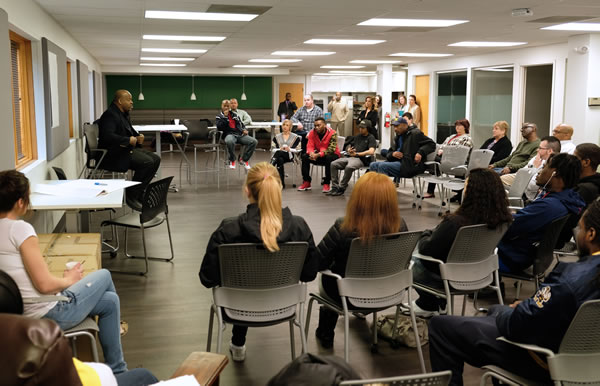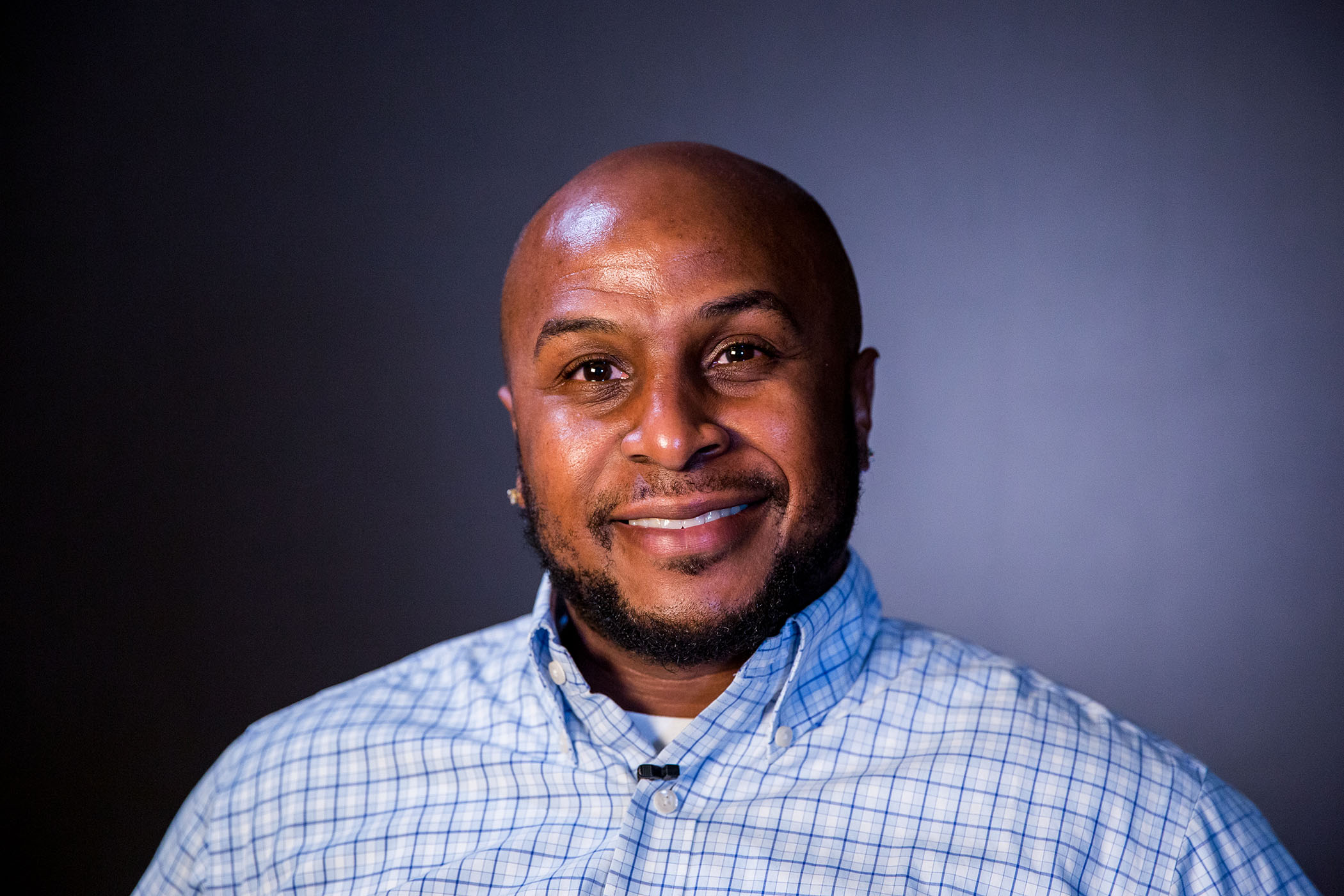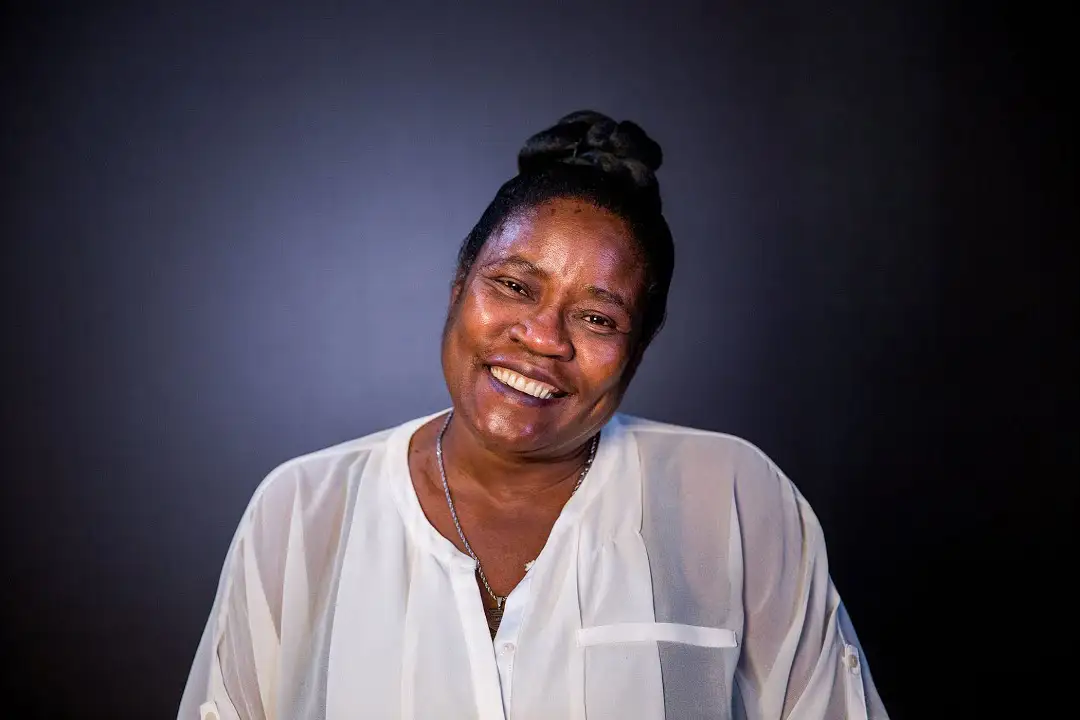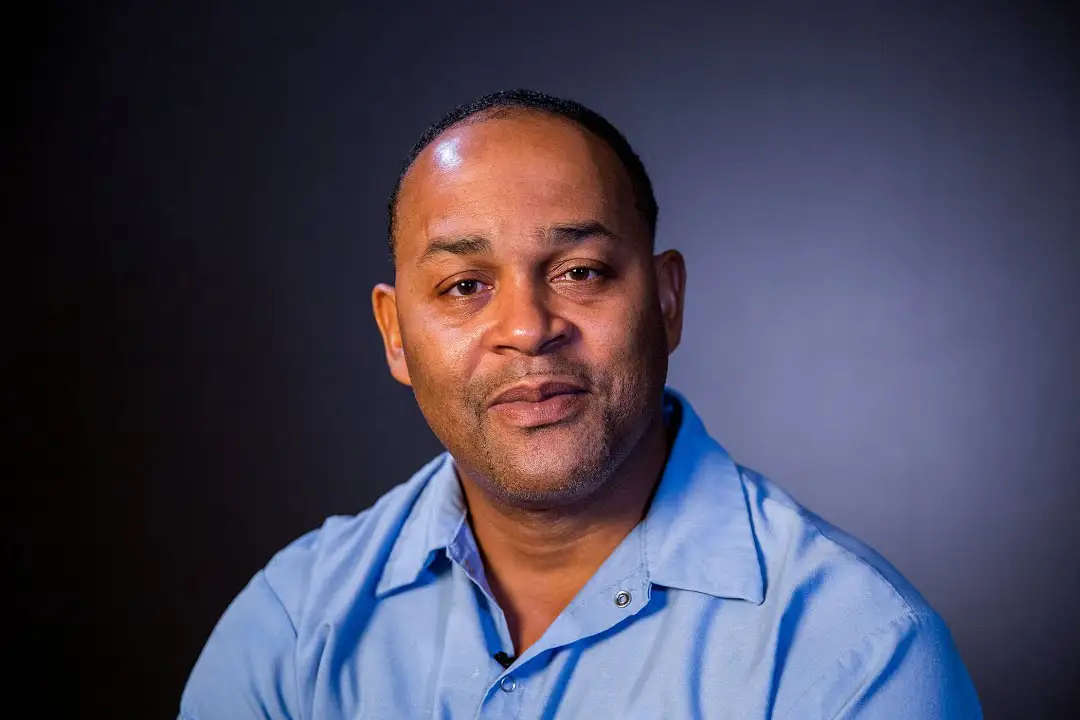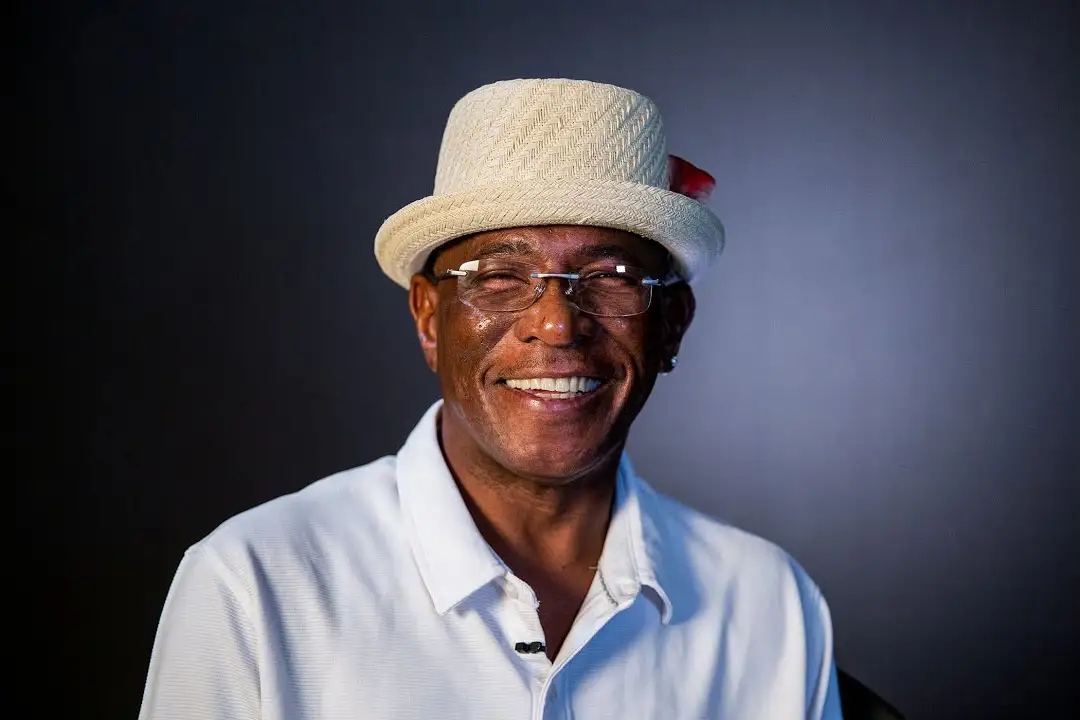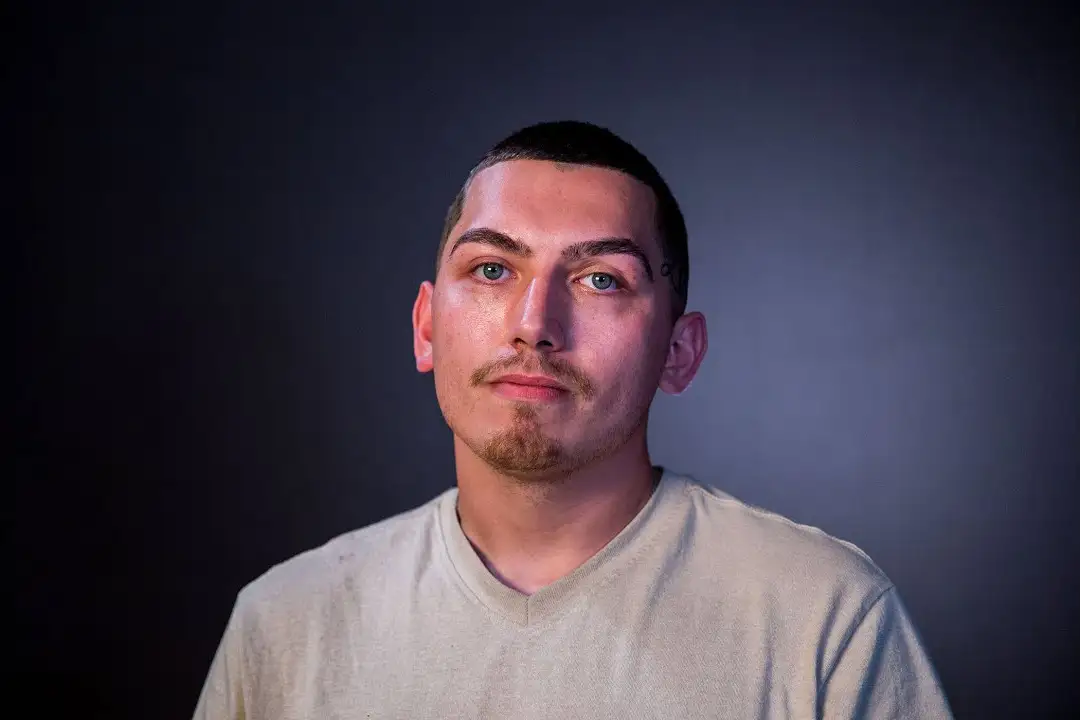Breaking the Cycle. Restoring Lives.
Breaking the Cycle. Restoring Lives.
Life after prison can be challenging, but Concordance helps individuals rebuild with purpose and stability.
We provide holistic re-entry services before and after release, offering individualized support that helps justice-involved individuals build stable, meaningful lives.
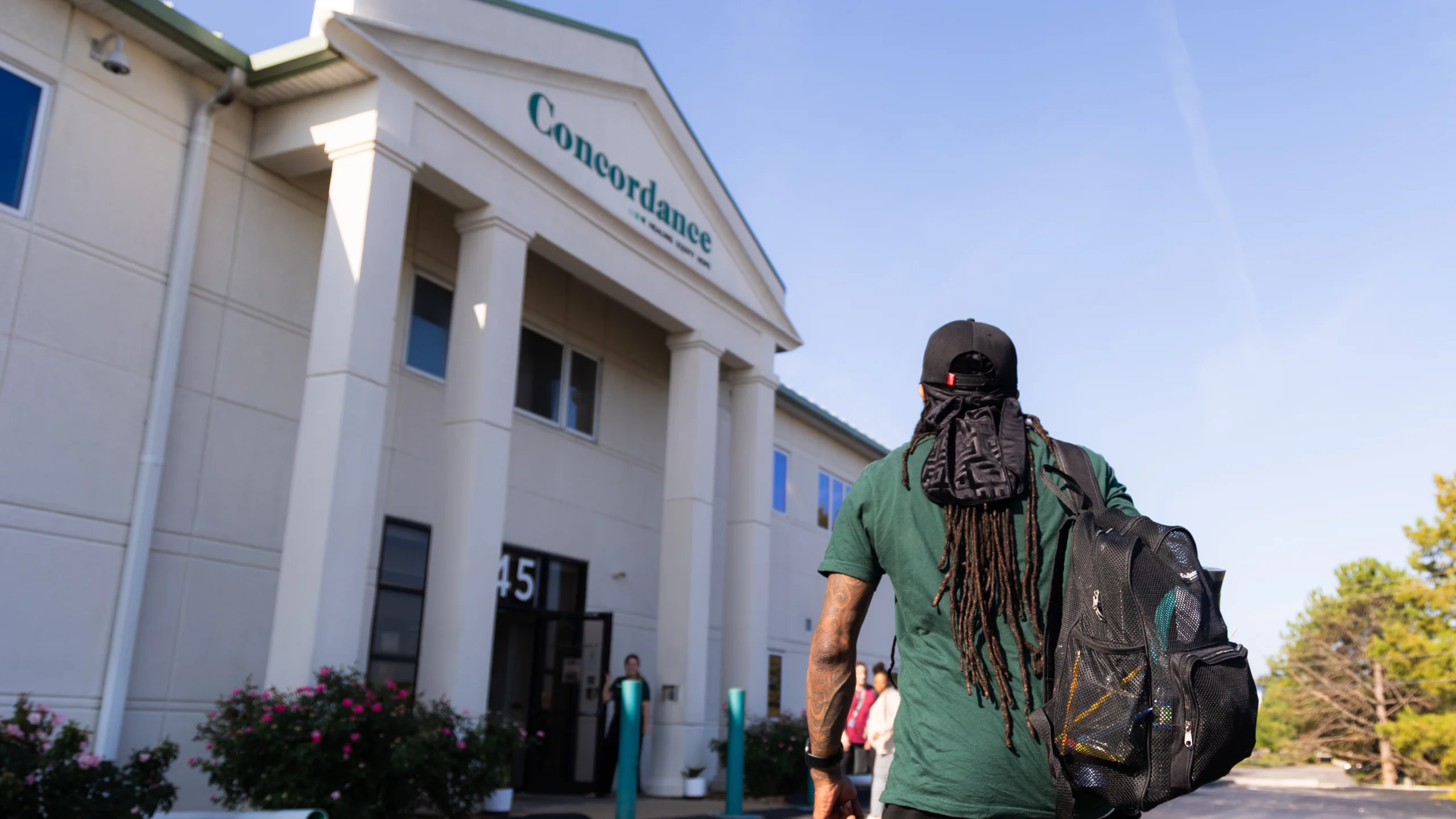
71%
of people released from prison
are rearrested within five years.*
Since 2016, more than 2,200 participants have enrolled in Concordance. Our model has proven effective, significantly lowering reincarceration rates and helping people rebuild their lives.
*Bureau Justice of Statistics (2012-2017)
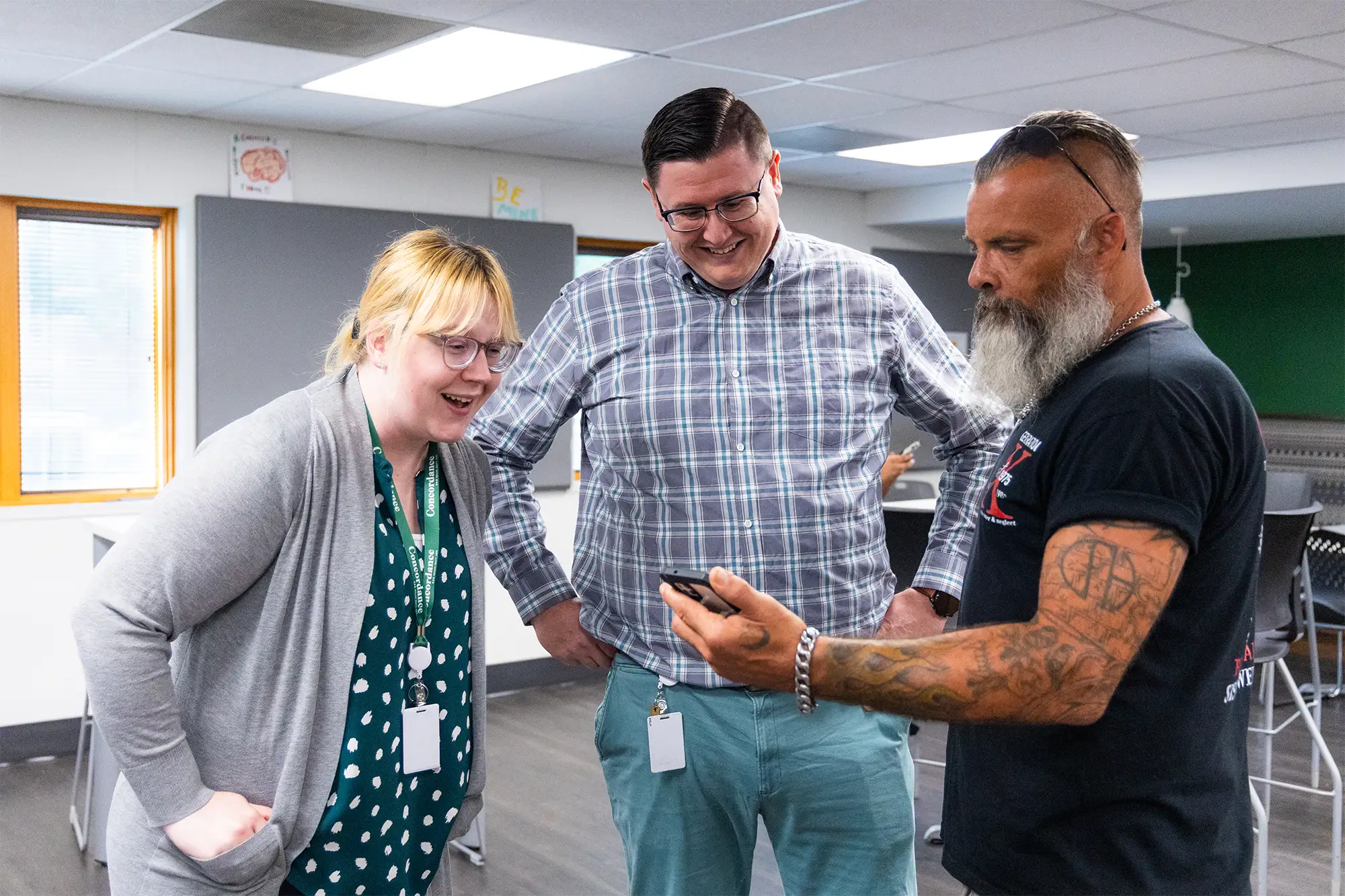
Supporting Stability, Opportunity, and Community
Our holistic model supports program participants in Behavioral Health & Wellness, Community & Life Skills, and Education & Employment. Participants regain stability, rebuild connections, and create lasting opportunities for themselves and their communities.
Understanding Reincarceration
Reincarceration occurs when someone returns to prison after release, often because the barriers they face remain unchanged. When people are caught in this cycle, families are disrupted, communities are destabilized, and opportunities for long-term stability are lost. Concordance addresses these challenges by providing holistic support before and after release.
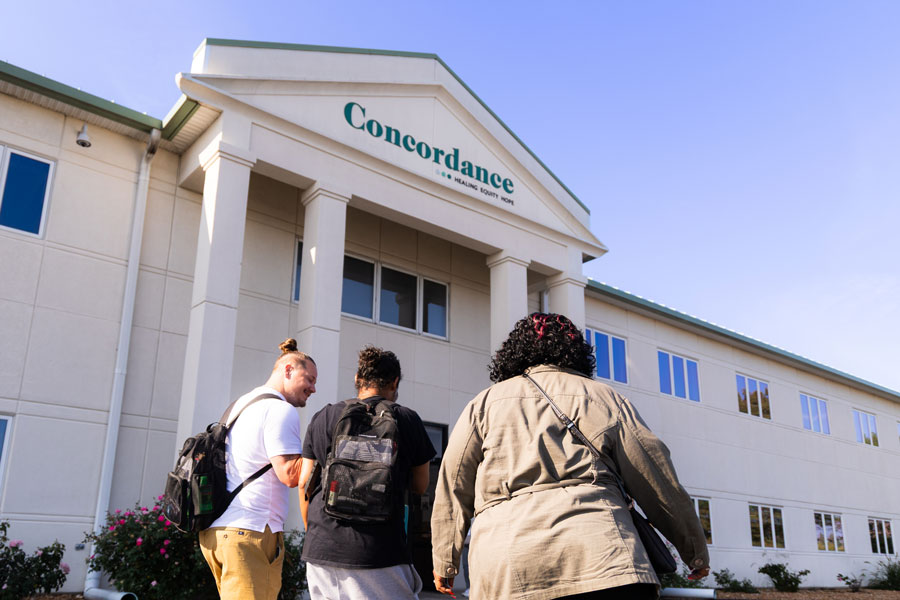
Real Stories. Real Change.
A New Way of Life
Our participants are at the heart of everything we do. Watch their reflections on where they have been and where they are headed, and learn how your investment can help change lives today
Join Our Team
Help transform re-entry. Join a team committed to healing, equity, and hope for participants and their communities.
Your Support Will Change Lives
Investing in Concordance will directly influence the trajectory of our participants’ lives, creating a ripple of positive change through their families and communities.
Subscribe to our email
Receive emails from concordance with the latest news.

